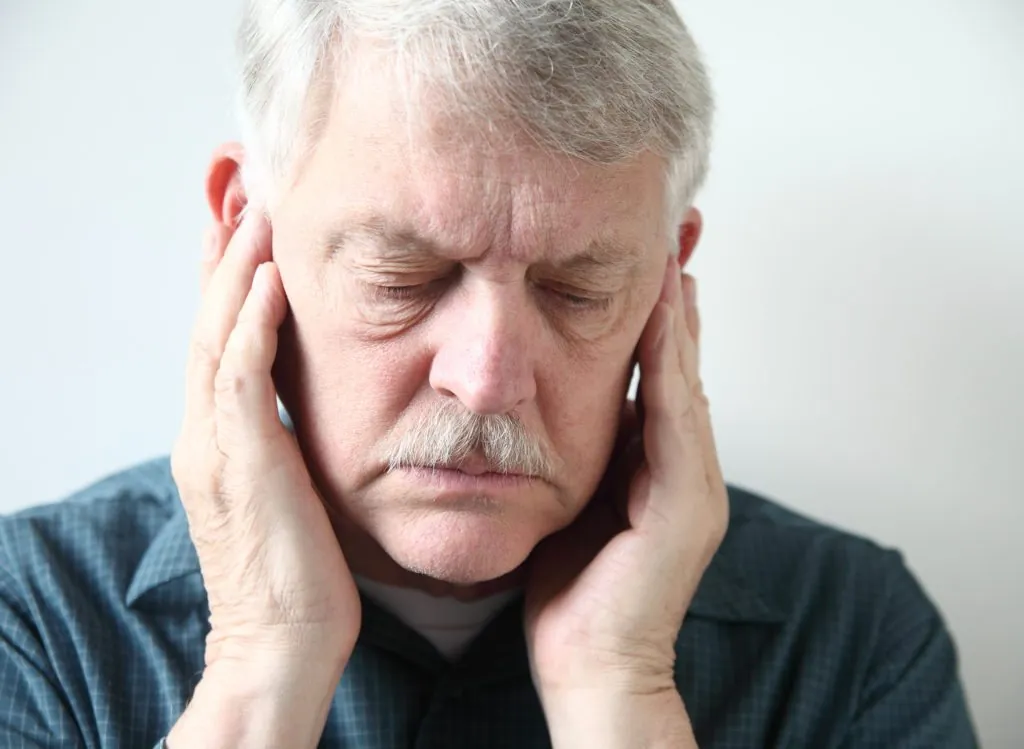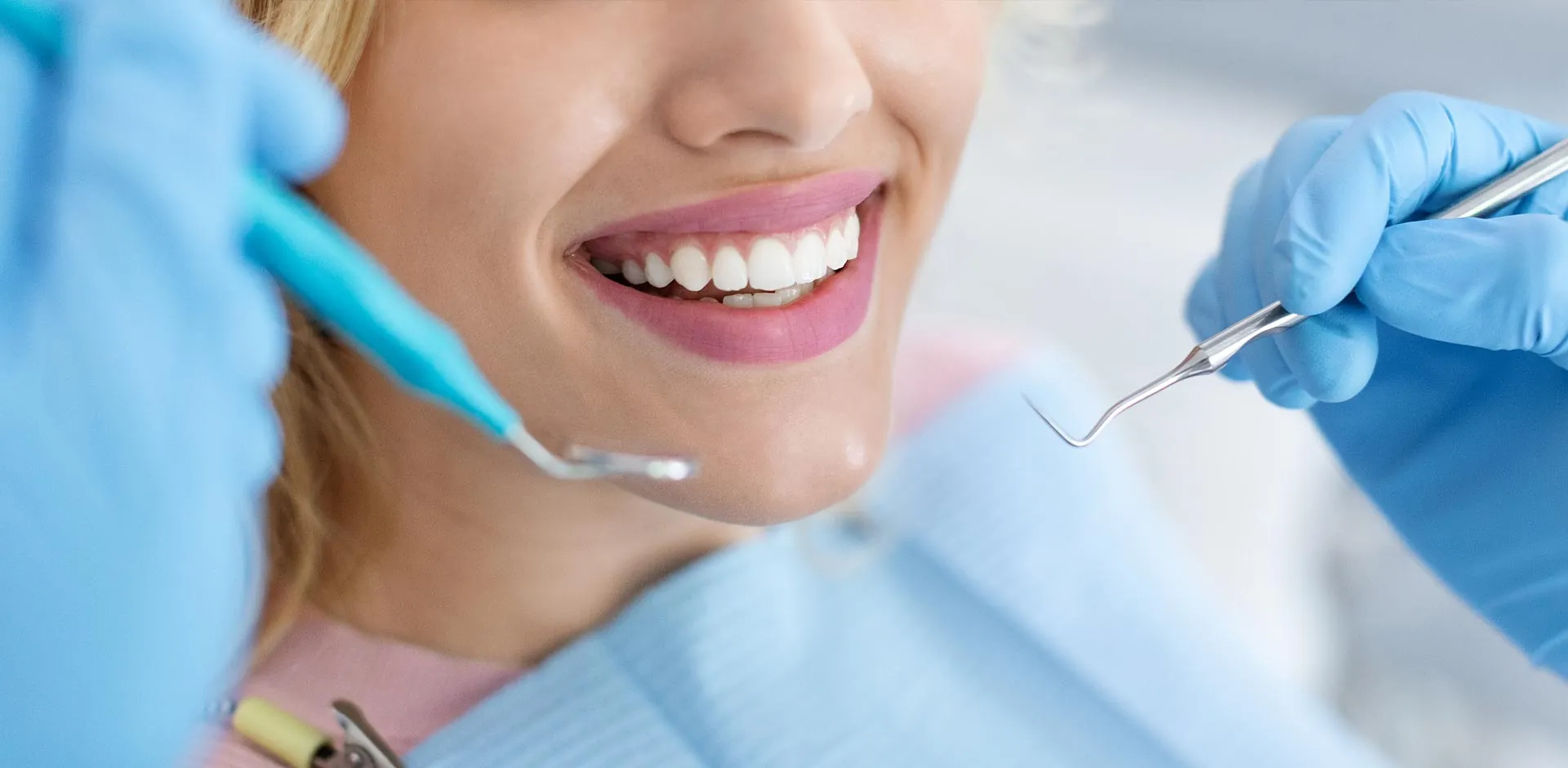
TMJ or temporomandibular joint disorder is a common disorder that affects over 3 million people nationwide. This disorder affects the hinge joint that allows your jaw to move, talk, and chew. It connects in front of each ear and any issues with it can be not only painful but also annoying. Imagine trying to open your mouth wide to enjoy a juicy burger only to have your jaw lock.
What Is The TMJ?
The temporomandibular joint is located in front of each ear. This joint works as a hinge to open and close your mouth when chewing, talking, and more. It also works to move your jaw side to side so you can sing or yawn.
What Causes TMJ?
When this joint becomes inflamed, injured, or irritated it can swell and dislocate. This can cause clicking and locking. This ultimately impacts an individual’s quality of life, as it makes it more difficult to eat and talk.
There are several forms of trauma that can cause TMJ or irritate it. One of the most common causes is grinding. This movement, which typically happens at night while someone is sleeping, tends to put a lot of pressure on the joint. Clenching due to stress also puts pressure on the joint.
If the soft cushion or disc between the ball and socket joint moves this could cause bone on bone grinding which is incredibly uncomfortable and leads to TMJ.
What Are The Symptoms of TMJ?
TMJ is most common among women ages 20-40. It is characterized by popping and locking of the jaw. It also tends to be accompanied by pain and clicking or grinding noises when you open and close your mouth.
Sufferers of TMJ report having a tired feeling in their face, along with swelling on one side. Other symptoms include toothaches, headaches, neck aches, dizziness, earaches, hearing problems, and ringing in the ears.
Diagnosing TMJ
If you believe you have TMJ it’s important to get to the dentist for an actual diagnosis. Dr. Bullard will likely take x-rays and do a complete exam to totally understand your situation. Getting in to a dentist is important because it will ensure your condition is noted and a proper treatment plan is created. This helps quite a bit when it comes to having the issues covered by your insurance.
What Is The Treatment For TMJ?
How to treat your TMJ will depend on the extent of the damage. Your doctor may suggest physical therapy, which can help to realign your join and strengthen your muscles. Over-the-counter medications like ibuprofen can help reduce swelling and pain.
Alternating cold and hot packs can also help treat TMJ. Start by applying an ice pack for 10 minutes and performing jaw stretches, then finish with a warm compress for five minutes. This routine performed a few time a day can make a big difference in how you recover.
Finally, eat soft foods. This gives your jaw a chance to rest and recover.
If you’re concerned about TMJ, give our office a call and schedule an appointment with Dr. Bullard. She’ll ensure you’re taken care of and have a plan of action that gets you feeling your best.
